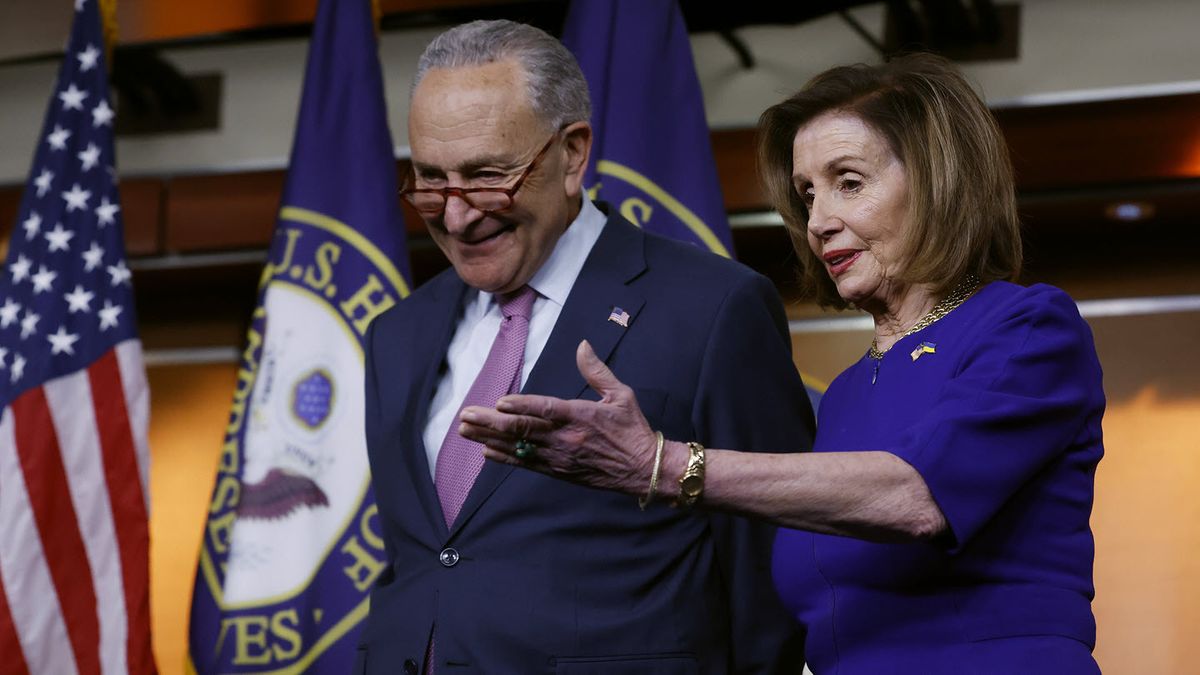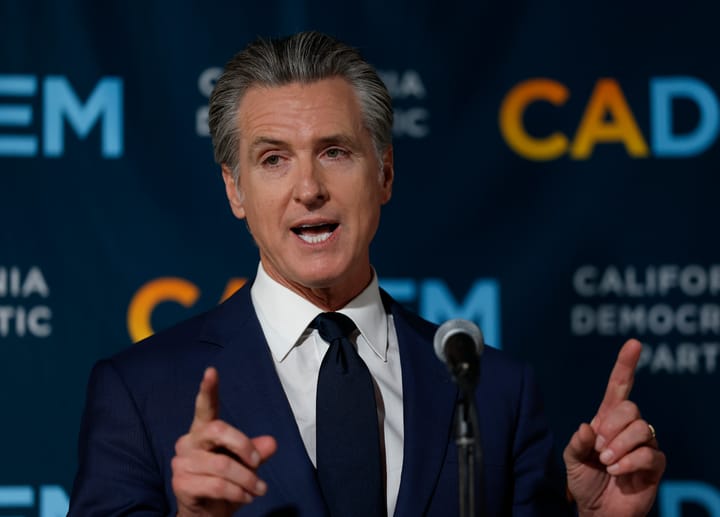Meta Platforms and its subsidiaries spent a record high $7.6 million on lobbying the federal government in the first quarter of the year as the U.S. Congress advanced legislation that could ban Instagram’s chief competitor, TikTok.
Meta’s recent disclosure, covering lobbying activities from January through March, does not mention the TikTok ban issue directly, but it says that the company lobbied Congress and the White House on “Homeland Security” topics including “Discussions regarding cybersecurity, data security, encryption, platform integrity, election integrity, content policy, and terrorism,” as well as “Issues related to voter suppression/interference, political ads and misinformation policies.” The language in Meta’s disclosure echoes many of the talking points that have been used against TikTok and its Chinese owner ByteDance, including claims that China could use the app to collect Americans’ private data and influence U.S. politics.
Meta did not respond when asked by Sludge if it lobbied on the TikTok ban legislation. It has previously denied lobbying on a TikTok ban to the Washington Post.
The $7.6 million that Meta spent on lobbying in the first quarter is by far the most it has ever spent. Its second-highest-spending quarter was the fourth quarter of 2021, when it reported spending $5.4 million.

In March, the U.S. House of Representatives initially approved the bill forcing TikTok to be sold by ByteDance or be banned, and it passed it again this past weekend as part of a larger package that includes foreign aid for Israel, Ukraine, and Taiwan. Those measures have been packaged into a single measure that is currently being considered in the Senate, where it is expected to pass. President Joe Biden has said he would sign the potential TikTok ban into law if it passes through both chambers of Congress and is presented to him.




